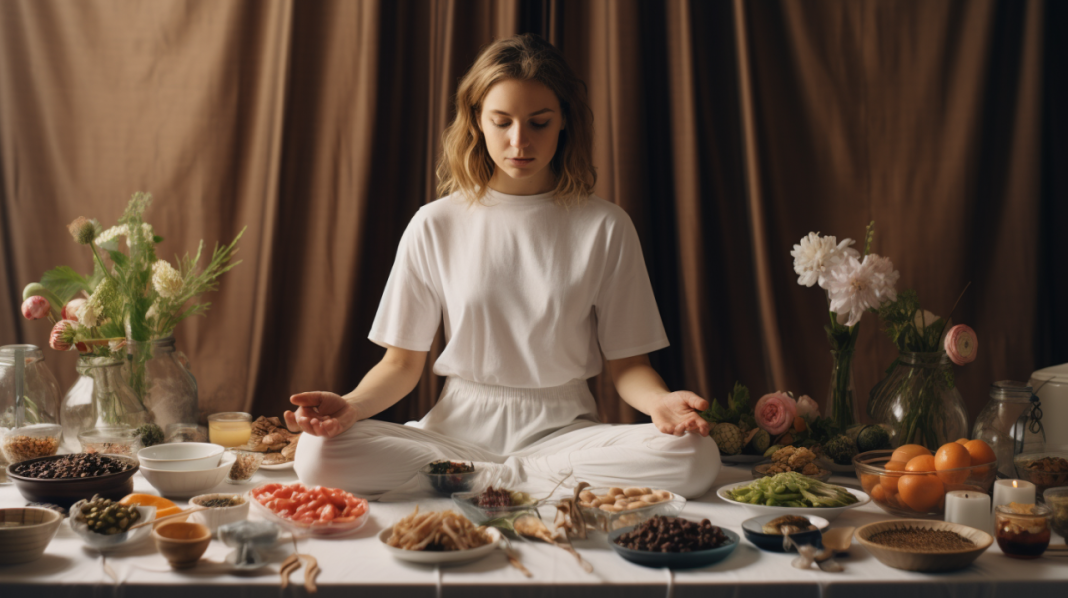In today’s fast-paced world, cooking has become more than just a means to prepare meals—it’s a form of self-care, a creative outlet, and a way to connect with family and culture. Whether you’re making a simple salad or a gourmet dinner, cooking offers a moment to slow down, focus, and do something meaningful for yourself and others.
Let’s explore why cooking is not just about food, but about wellness, creativity, and connection.
1. Health Starts in the Kitchen
One of the most powerful reasons to cook at home is control—control over the ingredients, the portion sizes, and the preparation methods. When you cook your own meals, you’re much more likely to:
Eat fresh, whole foods
Avoid excessive sugar, salt, and unhealthy fats
Use healthier cooking methods (like baking, steaming, and sautéing)
Stay mindful of what you’re consuming
Studies show that people who cook at home more often tend to have lower calorie intake, better nutrition, and improved long-term health outcomes. Cooking empowers you to make choices that support your body and energy levels.
2. Cooking as a Creative Outlet
Cooking is an art form. Each recipe is like a blank canvas, and you are the artist. From mixing spices to plating the final dish, cooking gives you a chance to:
Experiment with new ingredients
Create your own versions of classic dishes
Express your culture and personality through food
Try new cuisines from around the world
Whether you’re baking a rustic loaf of bread, building a colorful Buddha bowl, or preparing homemade sushi, every meal is an opportunity to get creative. Don’t be afraid to improvise—some of the best dishes come from happy accidents!
3. Emotional Benefits of Cooking
Beyond nutrition and creativity, cooking also has profound emotional and psychological benefits. In fact, many people find cooking to be deeply therapeutic. Here’s why:
It requires focus, helping you stay present and mindful
The repetitive motions (chopping, stirring, kneading) can be calming
It gives a sense of accomplishment and satisfaction
Sharing meals creates joy and deeper bonds with others
For those struggling with anxiety, stress, or even depression, cooking can offer a comforting routine and a sense of purpose. The act of feeding yourself or loved ones is a powerful form of self-love and care.
4. Cooking Connects Us to Culture and Tradition
Recipes are more than instructions—they’re stories passed down through generations. Cooking traditional dishes can reconnect us to our roots and preserve cultural heritage.
Whether it’s your grandmother’s soup, your father’s barbecue recipe, or a regional holiday dish, food is a way to keep traditions alive. Cooking with family or sharing these meals during gatherings helps to build identity and belonging.
It’s also a chance to pass knowledge to the next generation, teaching children not just how to cook, but how to care, respect tradition, and create memories around the table.
5. The Social Side of Cooking
Food brings people together. Hosting a dinner party, cooking for friends, or even preparing a simple meal with a partner can strengthen relationships and build community.
Some of the best conversations and connections happen in the kitchen or around the dinner table. Cooking together also:
Encourages collaboration and communication
Teaches patience and teamwork
Fosters appreciation for each other’s tastes and preferences
Even during times of physical distance, food remains a powerful connector. Virtual cooking nights, meal kit sharing, and exchanging family recipes are wonderful ways to stay close to loved ones.
6. Tips for Enjoying Cooking More
If cooking feels like a chore, try these tips to make it a more joyful experience:
Set the mood: Play your favorite music or light a candle while you cook.
Stay organized: Prep ingredients ahead of time and keep your kitchen tidy.
Cook in batches: Make extra portions and freeze meals for busy days.
Try something new: Explore a different cuisine or a new cooking method.
Involve others: Cook with your kids, partner, or friends to make it social.
Start small. Even one home-cooked meal a week can bring benefits and build confidence.
7. Cooking as a Lifelong Skill
Learning to cook is an investment in your future. It’s a skill that evolves over time and adapts to every life stage—whether you’re living solo, raising a family, or hosting dinner parties in retirement.
The more you cook, the more intuitive it becomes. You’ll learn what flavors work together, how to time a meal perfectly, and how to cook efficiently without sacrificing taste.
Over time, you’ll gain not just skills—but a deeper connection to your food, your health, and your daily life.


















